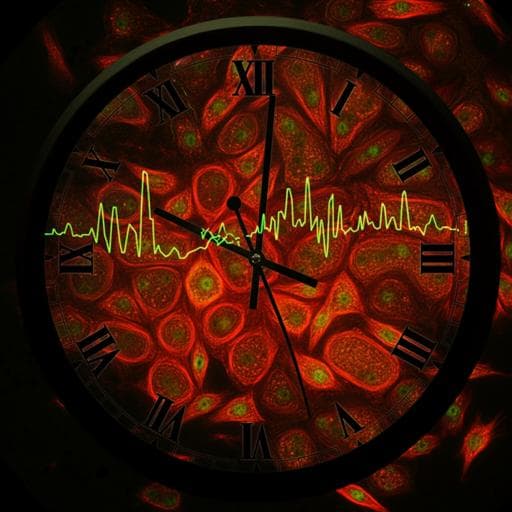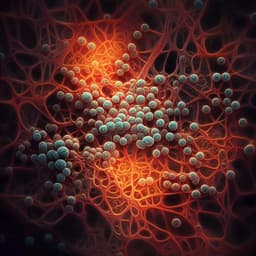
Medicine and Health
Time-of-day effects of cancer drugs revealed by high-throughput deep phenotyping
C. Ector, C. Schmal, et al.
This groundbreaking research by Carolin Ector and colleagues unveils a novel, high-throughput method that seamlessly combines live imaging and data analysis to deeply phenotype cancer cell models. Discover how this approach uncovers optimal treatment windows and responsive drug combinations by evaluating circadian rhythms and drug responses, paving the way for more effective cancer therapies.
Related Publications
Explore these studies to deepen your understanding of the subject.







